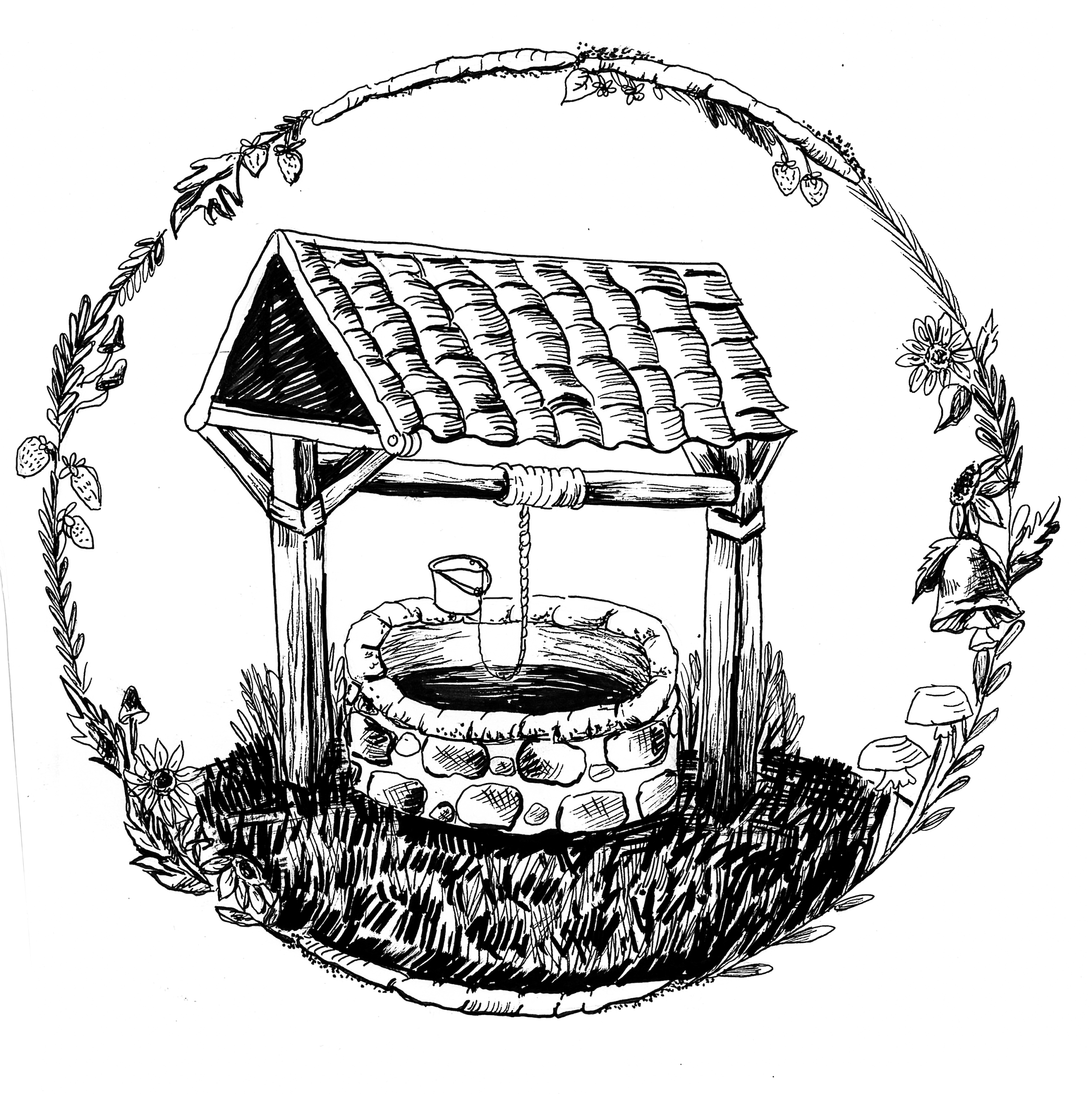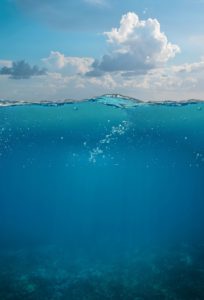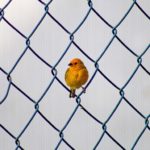Geosphere: The Impression of Deep Time

“Human consciousness comes into the world as a flaming ball of imagination. Everything invented by man, physical or mental, is the fruit of someone’s imagination. In the study of history and geography we are helpless without imagination, and when we propose to introduce the universe to the child, what but imagination can be of use to us? I consider it a crime to present such subjects as may be noble and creative aids to the imaginative faculty in such a manner to deny its use, and on the other hand to require the child to memorize that which he has not been able to visualize. These subjects must be presented so as to touch the imagination of the child and make him enthusiastic, and then add fuel to the burning fire that has been lit.” (Montessori, 1948/2010, p.10)
“When one scrutinized the past and penetrates in this light the real meaning of what geology has to say, one finds that each kind of life has prepared the ground for the kinds that follow.” (MM Montessori SR., 1957/2003, p.6)
“The individual follows the stages of development (albeit at a differing rate) that humanity has followed.” (Morgan, 2000, p.33)
To constructively consider all of my relationship with the geosphere, how can I respectfully dedicate attention to time and place? Looking at the patterns and processes of adaptation throughout deep geological time, well beyond human existence, can provide a holistic view of phenomena that have laid the foundation for the biogeochemical cycles necessary for life.
Brian Swimme and Mary Tucker (2011), in The Journey of the Universe, discuss a historical account of humanity’s awareness of the universe. First, in the sixteenth and seventeenth centuries, realizations that the earth was revolving around the sun surfaced. In the eighteenth century, awareness of the dynamic nature and evolution of human mind and society over time came into light. Then, in the nineteenth century, understanding of the significant transformations living and nonliving components of Earth’s system had gone through began to bud.
At last, in the twentieth century, astonishing discoveries blossomed before our eyes as we came to see how the entire cosmos has passed through a series of life-long transformations comparable to the changes seen in Montessori’s planes of development.
I am wondering what patterns throughout geological and cosmological time have been overlooked in my life.
How has my own revolution around traditional ecological knowledge and indigenous wisdom defined seasons of development in my life?
How can I cultivate a deeper sense of connection with the place I live through historical knowledge?
WORK CITED
Montessori, M. (2010). To Educate the human potential. Montessori-Pierson Publishing Company. (Original work published 1948)
Montessori, M. M., Sr. (2003). The Human tendencies and Montessori education. Association Montessori Internationale. (Original work published 1957)
Morgan, M. (2000) An ecogenesis for education. Unpublished thesis.
Swimme, B. T. & Tucker, M. E. (2011). Journey of the universe. Yale University Press.


